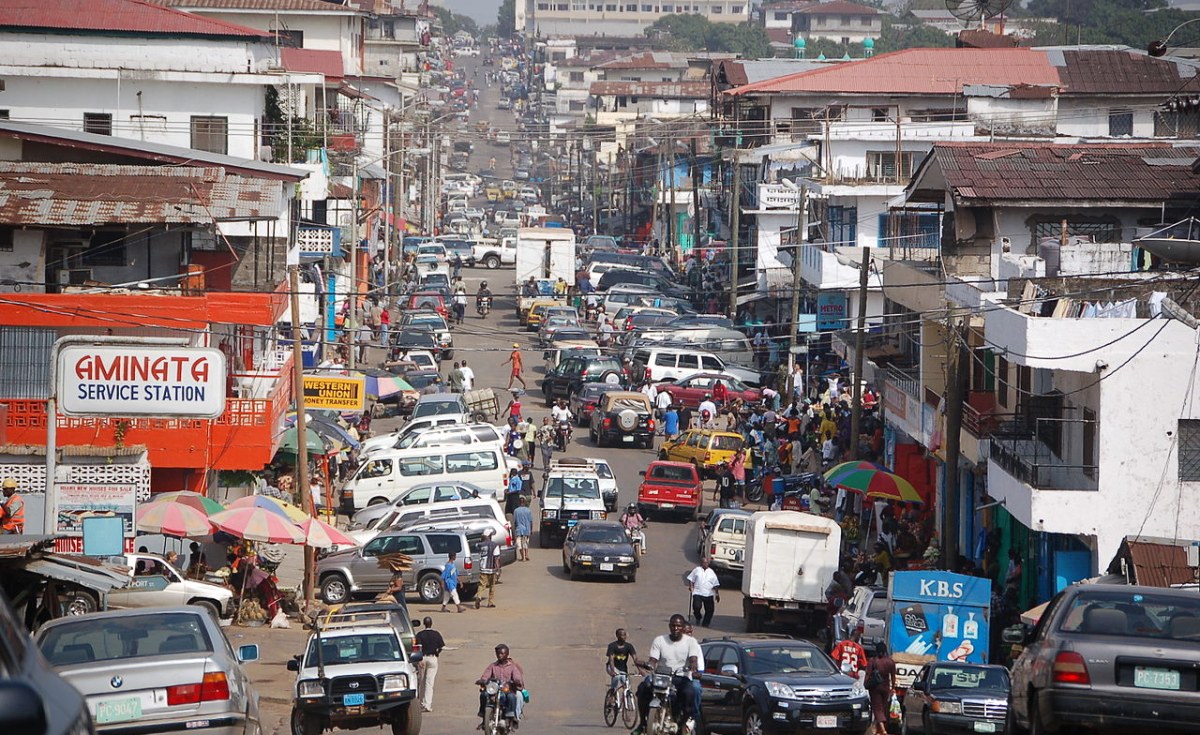Liberia has heightened its call on investors to invest in its ailing energy sector.
The development follows a recent report from the West African nation that about 90% of its population have little or no access to electricity.
In real terms, about 4million out of its 4.5 million people do not have the essential utility in their houses or offices: at least not sufficiently.
Commenting on the situation, wife of the country’s richest man – Mai Urey, said the massive power deficit has made the cost of doing business in Liberia significantly high because more expensive alternative sources of power have to be used.
Mrs. Urey said such things as salary, currency exchange rates, among others have quite insignificant impact on Liberia’s businesses as compared to electricity.
She pointed out that although the country’s currency has become synonymous with low value due to the persistent inflation, the country was still a free market. Reasons being that the US dollar could easily be passed for the nation’s legal tender and also in adequate supply across Liberia.
Mrs. Urey concluded by asserting that the electricity or energy issue will play a decisive role in the choices of the business community in the nation’s forthcoming elections due in the next three months.
Liberia is plagued by a desperate need to reconstruct its broken infrastructures and communities alike, after a nearly two decades of war that destroyed its hydro-electricity sites, killed over 250, 000 as well as had tens of thousands more of its people displaced all across the African continent and beyond.
In Ghana alone, fourteen years after a peace deal was brokered in 2003 and an interim government formed, there are nearly 1500 Liberians still living under refugee status. An estimated seven times that figure are equally scattered across other African countries.
In spite of these dire challenges faced by Liberia, there are countless basis of hope for its people: paramount among which are the Ebola outbreak that has been made largely a thing of the past and of course, an anticipated chance to again peacefully transit from one democratically elected government to another.
Â





